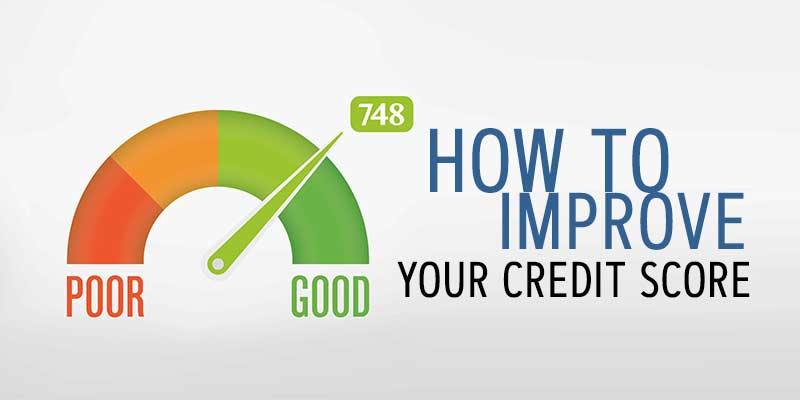When it comes to major investments like your home and vehicle, having solid credit is usually necessary to obtain approval with affordable rates. The thing is, many people do not. According to a 2019 study, lenders have turned down more than half of Americans for bad credit.
If you are one of the many individuals who are struggling to make a purchase that can help move you forward in the next step of your life, it can be challenging to feel tied to a credit score.
With that said, there is hope. One way to improve the situation is by working on your credit. It will inevitably take some time, but here are some ways to fix things up as quickly as possible.
1. Look Up Your History
When a bank turns you down for a loan, it is after their representatives have had the opportunity to review your financial history. Usually, this begins with a credit check. To get ahead of the game, you can look this information up yourself with a free online service. Having an awareness of where your credit stands can be helpful when making future financial decisions.
2. Minimize Credit Use
One of the best ways to get a handle on your credit is by working to minimize utilization of it as much as possible. Ideally, you want to aim for 30% credit use or less. Sometimes, emergencies come up that require people to use more than this. While those instances may happen, try to keep utilization under 30% during non-emergency uses.
3. Limit Hard Credit Inquiries
When checking credit, there are two kinds of inquiries that you may perform, “hard” and “soft” requests. Whenever you look up your own history online with a free tool, that is typically a “soft” inquiry that does not harm your credit. In contrast, “hard” inquiries are those that come from banks when you apply for credit cards, an auto loan or a mortgage. Too many of these latter types of hard credit checks can be harmful to your credit.
4. Ask for Higher Limits
5. Be Timely With Payments
6. Fix Credit Report Errors
7. Try a Secured Card

Hey, this is Johny Sehgal. I am the owner and caretaker at Finance Jungle. I completed my education in BSC and now heading towards the digital marketing industry. I usually have interests in reading, playing games and watching movies. I also love to write content based on quality information. The main motive of mine is to provide the top and best quality information to my readers. Finance Jungle is the blog for the same.












